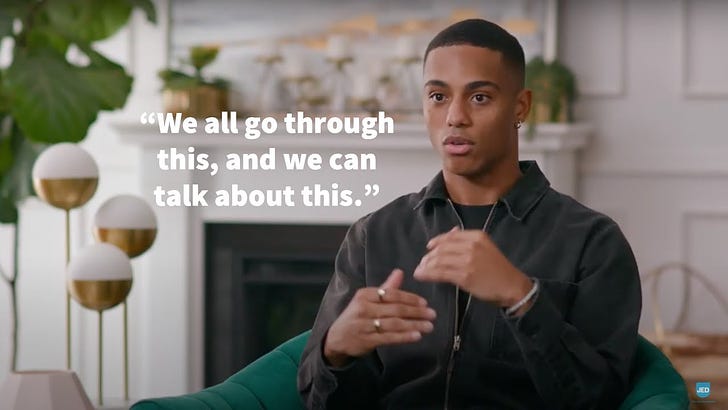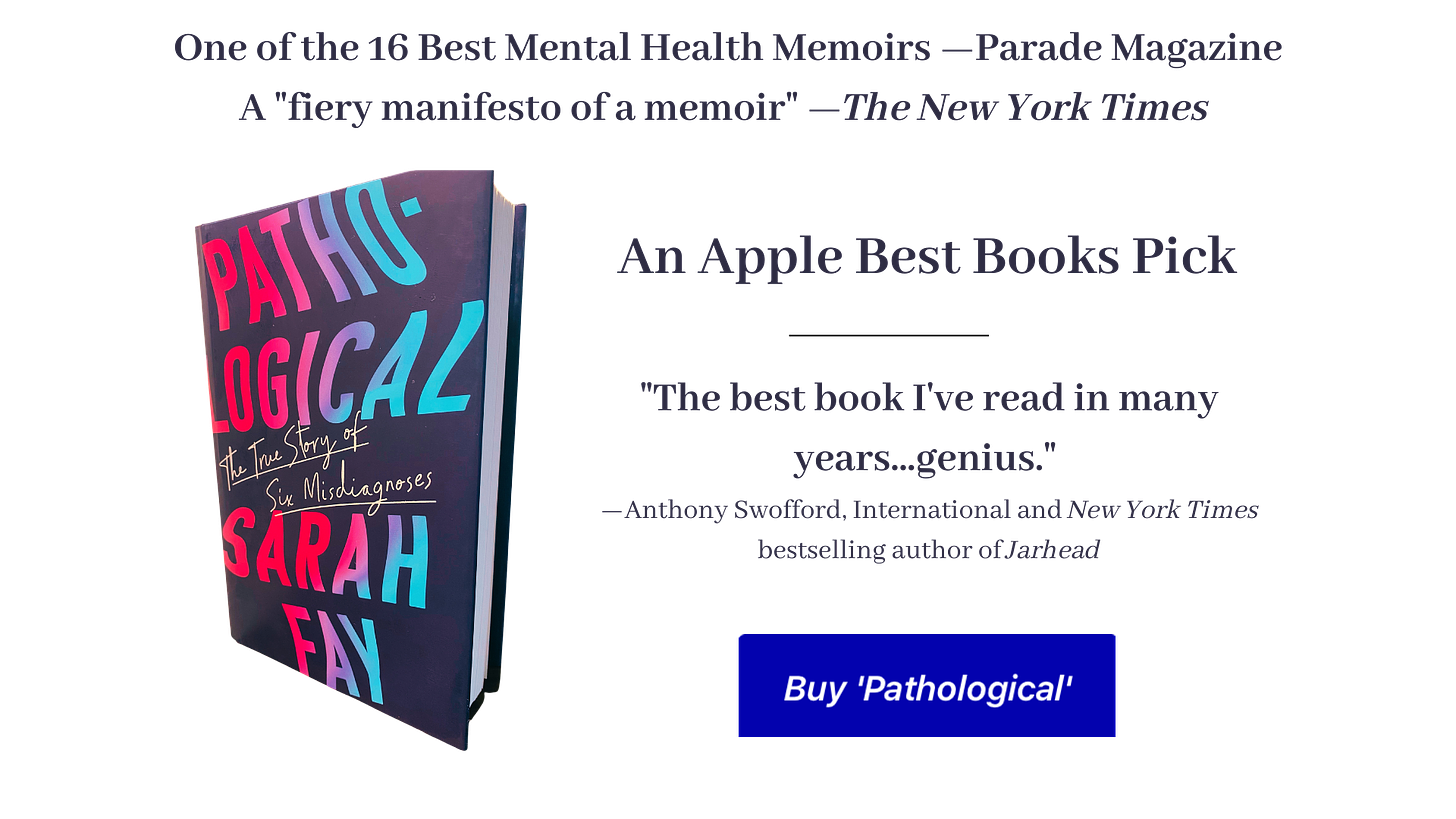This post is part of the accompanying tips, resources, interviews with experts, and stories of recovery included in the exclusive serialization of Cured: The Memoir.
The Jed Foundation’s ULifeline
The Jed Foundation is simply awesome. It was started by Donna and Phil Satow, who sadly lost their son to suicide. To hear their story, watch the video below. Note: It’s incredibly moving.
The Jed Foundation started as a way to guide high schools, universities, and colleges to better support students’ mental and emotional health. But the foundation does so much more than that. One of the resources it offers is ULifeline. ULifeline is an extensive website that gives young students
facts about mental illness, suicide, and substance misuse (true ones, not the ones on social media or the internet)
self-screening tools (although these have drawbacks, if the student notes their college or university, the JED Foundation will connect a student to the resources available on campus!)
Please pass this information on to your children and any parent or caregiver you know.
Readers like you make my work possible. Support independent journalism by becoming a paid subscriber for $30/year, the equivalent price of a hardcover book.
Visit the Table of Contents and Introduction of Cured:
Find more resources for mental health recovery.
Read the prequel to ‘Cured,’ ‘Pathological’ (HarperCollins):





"It isn’t about speaking empty affirmations or bombarding yourself with positivity. It’s like having a personal therapist or coach on call."
I suppose it can be for some. For someone like myself, and I know I'm not alone in this sentiment, trying to speak positively to oneself really does feel like telling oneself lies, trying to deceive oneself, or otherwise. Personally, it doesn't matter who's telling me the positive statements; I simply don't believe there's any truth behind the words.
In my case, I have a lot of core negative beliefs about all kinds of things and that's why positive affirmations aren't enough to undo the tangled root system they have in my psyche and identity. Core beliefs are part of one's identity; they create a filter that positive statements bounce off of like a trampoline because they're not compatible with the brain's desire to create a state of inner congruency between one's thoughts and beliefs.
The brain can perceive these statements as actual lies or threats to this congruency, so it filters them out or finds evidence to defend its current beliefs. Repeat them all you want; if anything you'll end up feeling worse as some studies on positive affirmations and self-statements have found. It's more than just pulling up the weeds or growing a flowerbed over the top; anything planted in tainted soil won't grow.
That soil needs to heal. Techniques found in CBT, the gold standard for many mental health concerns like anxiety and depression, don't really take this into account and they assume your soil is already semi-okay. Not everyone starts from that same semi-okay foundation, unfortunately.
Hi there,
We’ll put. Agreed. Positive affirmations and telling yourself things you don’t believe don’t work. Self-talk is about encouraging action and talking to yourself in the second and third person. I like to simply hold two opposing ideas in my mind at the same time (which F. Scott Fitzgerald defined as genius) and “It’s possible”: “You’ll never succeed” & “It’s possible you might succeed.” That’s it. No b.s. Just entertaining an opposing idea with ‘possible.’ Without that, it feels false and is pretty much just CBT, which never worked for me either.